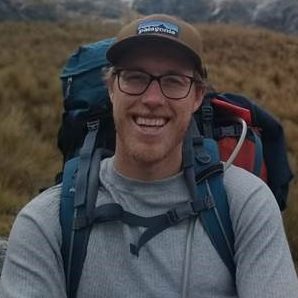
As a graduate student in the lab of Dr. Jens Gundlach, Ian developed a technology, based on the principal of nanopore DNA sequencing, to watch individual proteins process DNA in real-time. These proteins, essentially molecular-scale machines, move along DNA and replicate or repair it, but their movements are too small and fast to observe with imaging technologies. The technique Ian developed can detect individual protein steps (nanometer scale) on millisecond time-scales, allowing visualization of never observed behavior. Since graduating in 2020, Ian is wrapping up projects in the Gundlach lab while pursuing a career in the world of academic editing/science writing. Read More
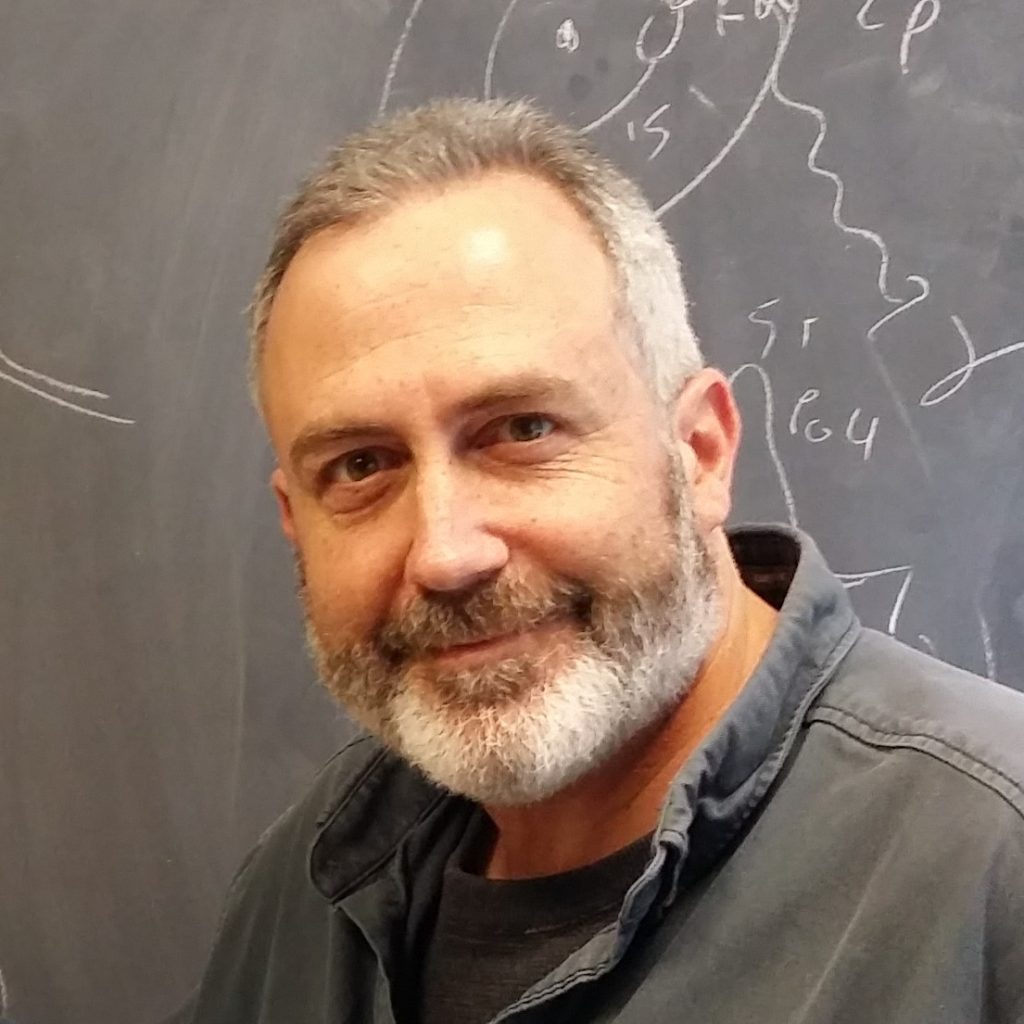
Our group’s research focuses on the development and application of novel x-ray spectroscopies to problems of basic, applied, and environmental energy sciences. Read More
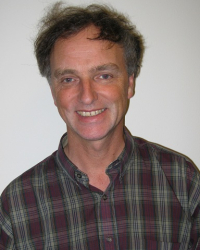
Jens is an experimental physicist at the University of Washington. I have two main research interests that are pretty close to the opposite ends of the research spectrum in physics: fundamental physics and biophysics. Read More
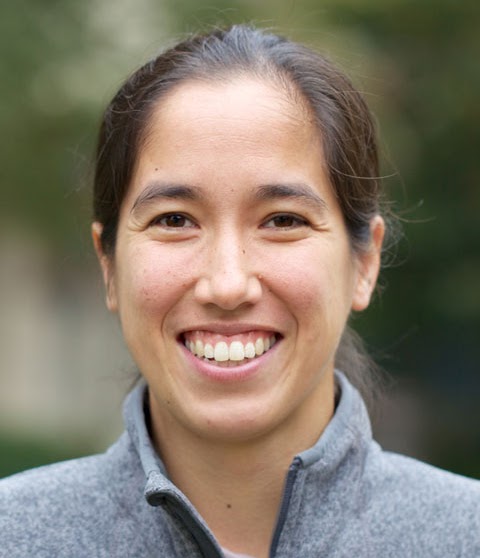
In the Optical Spintronics and Sensing Lab we study the quantum properties of point defects in crystals. In high purity crystals, simple quantum systems exhibiting a high level of quantum coherence can be realized. Read More
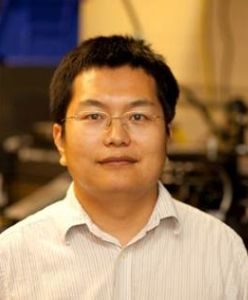
The goal of our research program is to combine the optical spectroscopy, transport measurements and nano-device fabrication techniques, to understand the electronic and optical properties of quantum confined nanostructure, develop the probe and control techniques of charge and spin, and the quantum physics in these confined nanostructure, push the unification front of material synthesis, device fabrication, physics measurements, understand the physics arising from this process, and push the knowledge and techniques we learn from these study back to the application frontier, such as optoelectronic, spintronics, optomechanics and plasmonics. Read More

As a doctoral student in the laboratories of David Baker in Biochemistry and Jens Gundlach in Physics, Sinduja studied synthetic biological channels for nanopore DNA sequencing and molecular diagnostics. Using de novo protein design principles, she generated diverse channel geometries and studied their ability to form pores within membranes. She also investigated the use of nanopores to study the SARS Cov-2 helicase. Sinduja is currently wrapping up projects and papers for her two labs. Read More